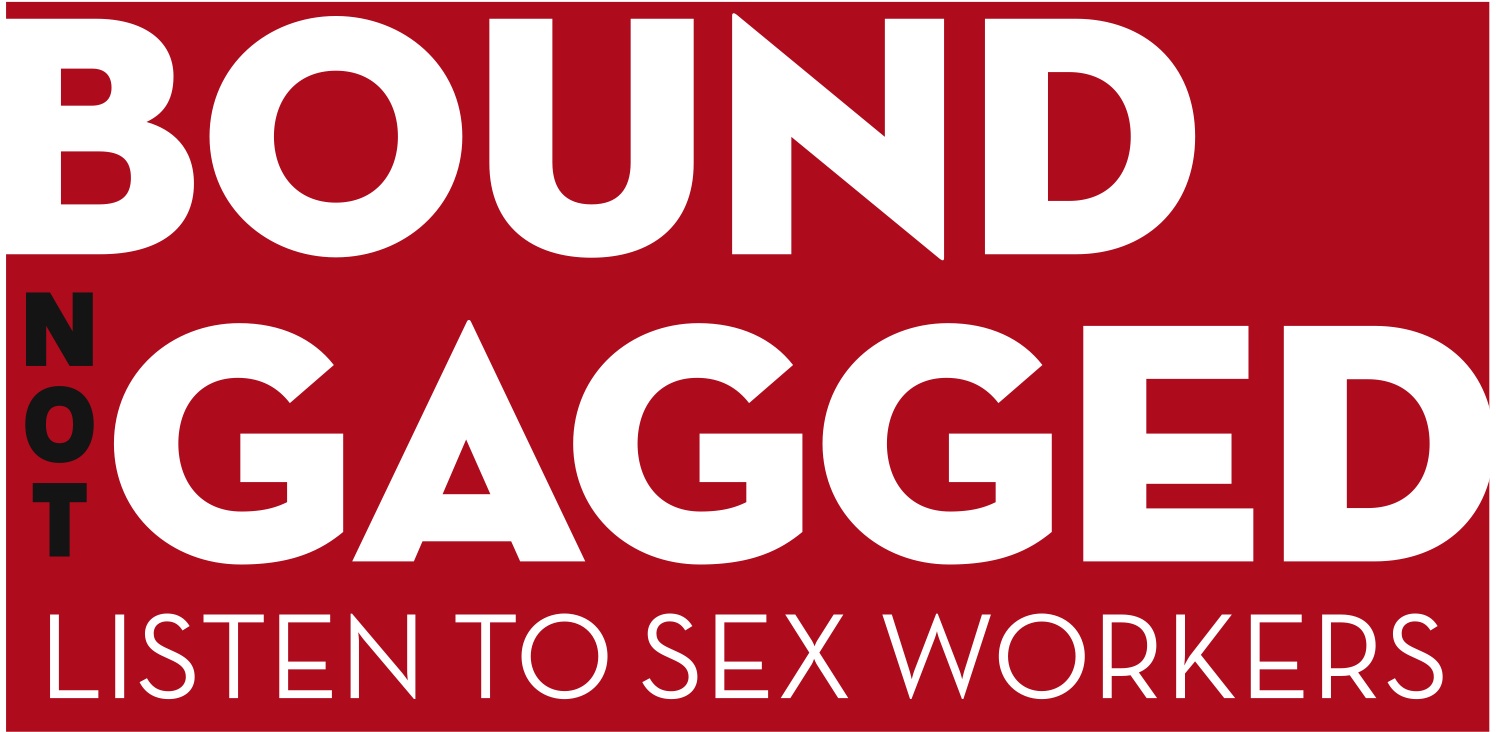One of the things that strikes me about the prohibitionist movement and resonates is their use of torture, of trafficking victims, of survivors of many varying types of abuse as a piggyback for political goals. Even if the intent is well meant, at what point can personal and professional agendas move ahead of the victims that are ostensibly the focus? Prohibitionists will tell you that they are doing a great thing by making the world aware of many of the atrocities committed against people in the sex industry worldwide. In the sense that creating awareness is important, that can be a legitimate statement however, more often than not the survivor testimony is coupled with wide sweeping agenda in a “look at this” then “this his how we fix it, by eradication”. As if it were the same semantic as showing someone dying of cancer then saying we need to eliminate cancer. Only it isn’t the same dynamic. Merging trafficking, torture and consenting sex work isn’t analogous to wiping out a horrible disease. We can’t dial up a Jonas Salk answer to violence. I have little doubt that many activists are will intentioned. Many are likely survivors of the atrocities they are trying to combat. Ending consenting, adult sex work isn’t remotely realistic, nor is it even remotely a plausible solution to ending human trafficking, ending torture, ending abuse. On these issues there should be an ability to find common ground. Certainly there is a desire by both “sides” of the debate to end abuses within the sex industry.
Trafficking, torture, abuse, those issues are important to me from first person. My perspective is more experience based than sympathetic. But I as a victim of those abuses am not a token nor do I want to be. I’m not someone’s lecture circuit example followed by insertion of their politic, their agenda regardless of whether they are looking to end modern examples of my suffering through denial of rights, through piggybacking of multiple processes to arrive at their view of social change. I ultimately felt disenfranchised by the prohibitionist movement who was more than willing to hear my
“testimony” but not willing to hear me. As I became aware of the dynamic that produced that scenario I balked. The prohibitionist movement balked at my balking. When my life history was another weapon in some battle that I didn’t even want to wage and saw counter productive ethical behavior, awful ethical behavior, and the relentless glossy packaging of survivors for ancillary political gain of many, with little interest in the actual voice of myself or other survivors. Voice to determine ownership of our experiences, voice to determine how our experiences were used by others, that was autonomy that was deemed far too independent for the prohibitionist movement.
Thus my point, to no one in particular. We have to be mindful of use of survivors. Of being their freedom fighters, of representing them, fighting their truths, and attaching them to political goals that are perhaps are connected and could be a point of alliance, but that otherwise truly aren’t a like comparison. Furthering decrim does not enslave, it does not traffick, it does not abuse. Those actions are taken by predators that don’t care a whole lot about the law. Those who abuse, who traffick, who enslave, they are what needs to be removed.
”
The causes that create social imbalance such as discrimination, poverty, homelessness, sexism, racism, those are the issues that create environments where abuse is prevalent. Not consenting sex work between adults, not those who advocate for rights for consenting adults. Linking human trafficking and torture victims to consenting adult sex work and focusing attention on the first to disenfranchise the second disenfranchises both.
”
Filed under: Sex Worker Rights |





[…] finally, speaking of people who rock, read this post by Jill Brenneman at Bound, Not Gagged. […]
Great post Jill.
Thanks!